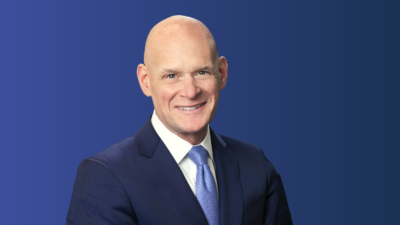-
Sort By
-
Newest
-
Newest
-
Oldest
The Your Future, Your Super performance test will have a tough time weeding out underperforming trustee-directed products when they’re already closed, according to Chant West, while many of those housed on platforms could fail because of their unique fee structures.
A rethink of the classic 60/40 portfolio and the need to generate consistent income are driving global pension funds deeper into private debt. But this “best in a generation” vintage probably won’t last.
Proposed YFYS changes do nothing to address index hugging, according to AustralianSuper, and super funds should be compared to a universal industry benchmark rather than a larger and more complex set of indices in the performance test.
Competition in super is heating up but it’s not yet come to the boil. Mergers, member retention and retirement are all shaping up as key battlegrounds for funds.
Pension funds are increasingly turning to active management to generate returns in a hostile environment. But as they seek to become true global investors, super funds face a different set of tradeoffs.
The CEO of AustralianSuper says the Morrison Government doesn’t get enough credit for introducing the YFYS reforms, and that funds need to stop arguing over its detail and get on with the business of performing against the benchmarks.
As consolidation gathers pace and big super funds move their investments offshore, it will likely be the biggest private markets managers that benefit. But Your Future Your Super presents a unique set of challenges that can’t be easily overcome.
As homegrown competition intensifies and offshore players eye Australia’s retirement savings, the industry funds are now “frenemies”. Reinvigorating the collaborative model will be the key to their survival.
Industry superannuation has, for the most part, been a roaring success. But it needs to retain its “missionary zeal” if it’s to avoid the same fate that befell the other giants that once dominated the landscape.
The Albanese Government has begun to explore the potential negative impacts of super fund consolidation. The question is whether a super fund can ever be too big to fail.














